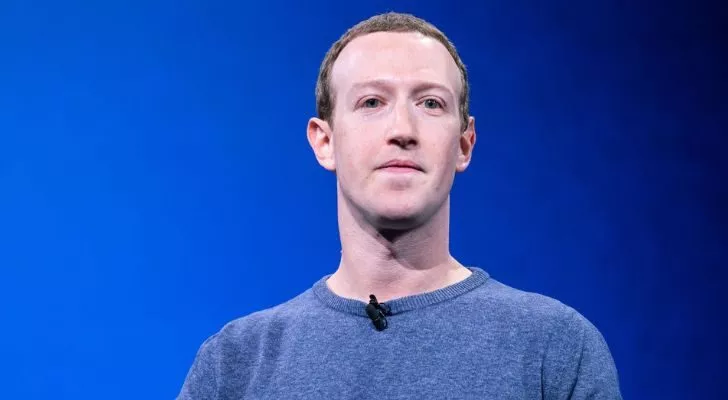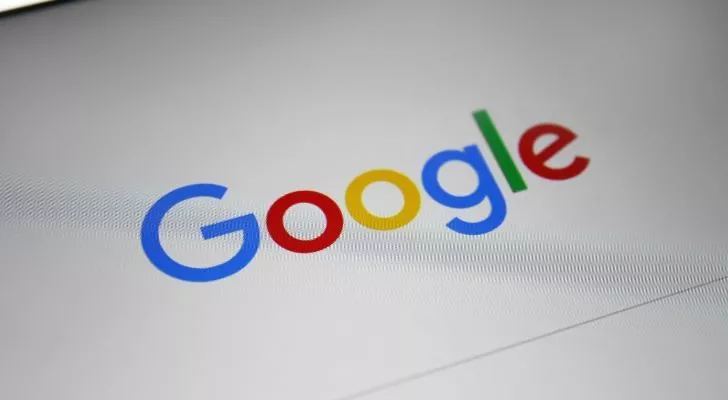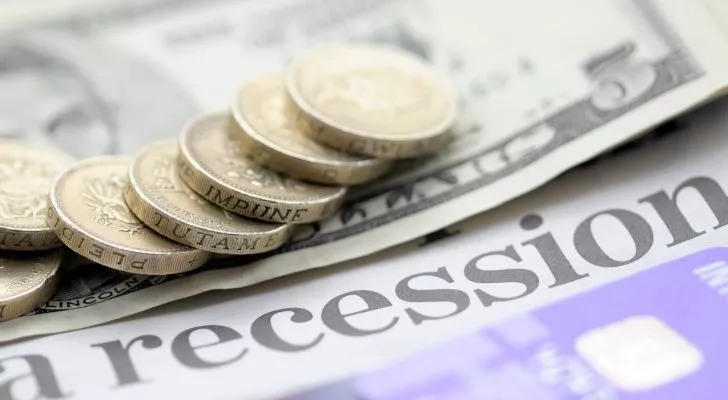Every generation leaves its mark on the world, shaping culture, technology, and society in its own unique way, and millennials are no exception!
Here, you’ll discover some fascinating facts about the millennial generation, ranging from their traits to the historical events that shaped their lives.
So, join us as we learn more about millennials and the millennial years!
People born between the early 1980s and late 1990s are considered millennials.

Generations are defined by people born within specific timeframes, typically spanning 15 to 20 years.
In the case of millennials, their generation was born between 1981 and 1996. Like all generations, though, there’s a bit of leeway.
They’re also known as Generation Y or Gen Ys, yet they’re commonly referred to as millennials as they transitioned into adulthood around the turn of the millennium.
Millennials were the first generation to grow up with the internet.

The idea behind the internet already existed during the 1960s, but it wasn’t until the 1980s that this concept became a reality.
Growing up with the internet – even with the dreaded dial-up connection – shaped the lives of millennials in ways never seen before.
There were many other technological inventions in the millennial generation, though.
Some of the most notable ones were IBM’s first PC (August 12, 1981), Microsoft’s launch of Windows (November 10, 1983), and the invention of the World Wide Web (January 22, 1990).
Mark Zuckerberg is one of the most famous millennials.

Zuckerberg was born on May 14, 1984, making him one of the older millennials. He’s commonly known for pioneering the social media industry and co-founding Facebook in February 2004.
His love for computers started in his early years when, instead of going out and playing with other kids, he was in his room tinkering with computer programs.
If there’s a person who truly showcases the way millennials grew up with computer technology, Zuck is the perfect example!
Most digital nomads are millennials.

Another term associated with millennials is “digital nomad,” which describes those who work online and frequently move from location to location, often overseas.
According to a 2022 study by market research company Gitnux, millennials, most of whom were in their 30s, made up at least 47% of the world’s digital nomads.
Gitnux also claimed that Americans comprised half of the world’s digital nomads!
Millennials come between Generation X and Generation Z.

Those born before millennials are referred to as Gen Xs. They were born between 1965 and 1980 and are often the parents of Gen Ys and Gen Zs.
Speaking of Gen Zs, they were born between 1997 and 2012 and are considered the generation that resonates the most with millennials. They share similarities in tech-savviness and the choices they make as adults.
Neil Howe and William Strauss coined the term “Millennials.”

The two historians coined it in 1991, believing that the generation would be unlike any that came before.
So, they came up with a unique name for people born into this memorable generation, and they were right!
Compared to previous generations, especially baby boomers, millennials tend to have a completely different perspective and outlook on life.
This wasn’t the only nickname applied to Gen Y, but it was the one that stuck. Alternatives included “echo boomers” and “baby boomlets.”
During their childhood, millennials witnessed the birth of countless life-changing digital innovations.

Some of the most groundbreaking innovations came about in the 1990s.
For example, the first text message was created in 1992 by telecom developer Neil Papworth, who sent a “Merry Christmas” message to his colleague, Richard Jarvis.
Later, in 1998, Larry Page and Sergey Brin established Google, and they began transforming how we go about our lives online.
These digital inventions allowed millennials and the following generations to create, send, and absorb information more conveniently, which helped shape millennials’ mindset.
90% of millennials use social media regularly.

The millennial generation created social media, so it makes sense that they’re among its most active users!
They also consider it an important aspect of their lives, with 75% of millennials polled by Gitnux responding that using it daily is essential.
How much time per day, you ask? The average comes out to be two hours and 28 minutes!
The word “adulting” is millennial slang.

At its simplest, “adulting” describes any kind of grown-up activity, such as paying bills, managing chores, saving for retirement, and so on.
The term itself was popularized by Kelly Williams Brown, a millennial writer and author who published Adulting: How to Become A Grown-Up in 468 Easy(ish) Steps in 2013.
Other fun examples of well-known millennial slang include FOMO (fear of missing out), humble brag (subtly boasting your achievements), and ghosting (ending all communication with someone without warning).
Millennials were greatly affected by the Great Recession.

The Great Recession was a severe global economic downturn that began in 2007 and ended in 2009.
During these years, most people who were entering the workforce were millennials. Sadly, they were welcomed by a financial crisis.
A rise in unemployment rates, an increase in student loan debt, and the collapse of the housing market were just some of the many challenges they faced at the beginning of their adult lives.
They tend to rent rather than own a home.

Despite buying being considered cheaper than renting in the long run, most millennials hesitate to buy their own homes.
While most choose to rent because of financial constraints, this doesn’t mean that they aren’t interested in buying their own homes anymore.
According to a survey by Fannie Mae, a mortgage financier, numerous millennials (and even Gen Zs) would love to buy their own home one day, but they just can’t right now. Thanks, boomers!
Millennials tend to choose experiences over possessions.

Some people, especially older generations, prioritize spending money on material things.
But that’s not the case for most millennials, as they find happiness, peace of mind, and success more in acquiring experiences, particularly traveling, throughout their lives.
Besides not needing to pay a mortgage, millennials also have the luxury of traveling since they tend to get married and have kids at later ages.
On top of that, their financial discipline and work ethic helps them go to different places without breaking the bank!
In astrology, most millennials are linked to Pluto in Scorpio.

Astrologers refer to outer planets (like Uranus, Neptune, and Pluto) as generational planets, as they’re so slow-moving that they affect entire generations of people.
When most millennials were born, Pluto was in the direction of Scorpio.
Now, what does that mean?
Well, astrologers claim that people born while Pluto was in Scorpio tend to be resourceful, creative, and curious, which makes them potential polymaths!
Their generation is known for being vocal, especially at work.

Previous generations were wired to think they must be quiet and strictly obedient when starting in the workplace.
It’s why baby boomers and Gen Xs initially had issues dealing with millennials when they first entered the workplace.
Unlike previous generations, millennials aren’t afraid to speak up despite their lack of experience. To millennials, authority is flexible.
It turns out that the reason behind this could be rather simple; millennials were often encouraged to voice their feeling to their parents, and were consistently told how important or special they were.
Most millennials support gay marriage.

In 2003, most adults were still baby boomers and Gen Xs, who typically held on more to traditional beliefs.
As millennials entered adulthood and began to vote according to their modernized values, support for gay marriage began to surge.
For example, a survey by the Pew Research Center found that supporters for same-sex marriage rose from 51% in 2003 to a whopping 70% in 2013!
Some millennials have always supported gay marriage. However, other millennials claim that their perspective regarding the topic has changed as they have aged.
When it comes to being responsible adults, millennials tend to get a bad rap.
But when you grew up during such a tumultuous period, can you really be blamed?
As one millennial to another, I say no!
After all, we’ll never be able to afford a mortgage (and no, it’s not because of avocado on toast, thank you very much).


















